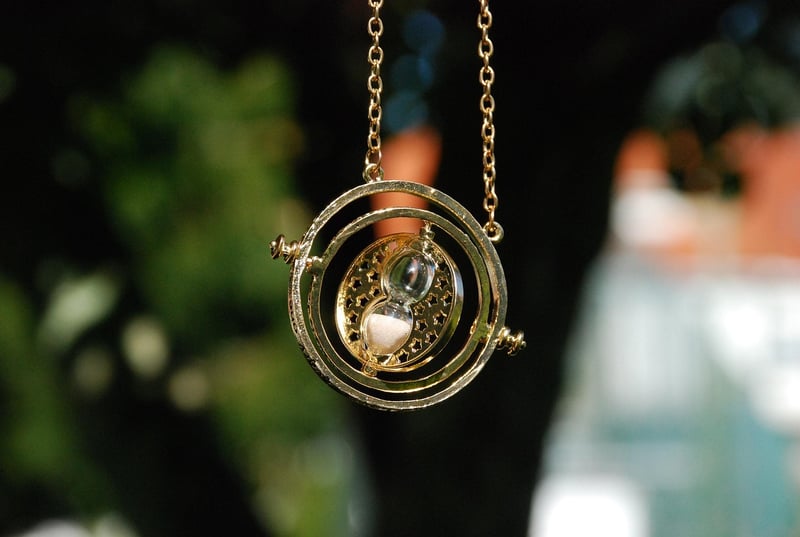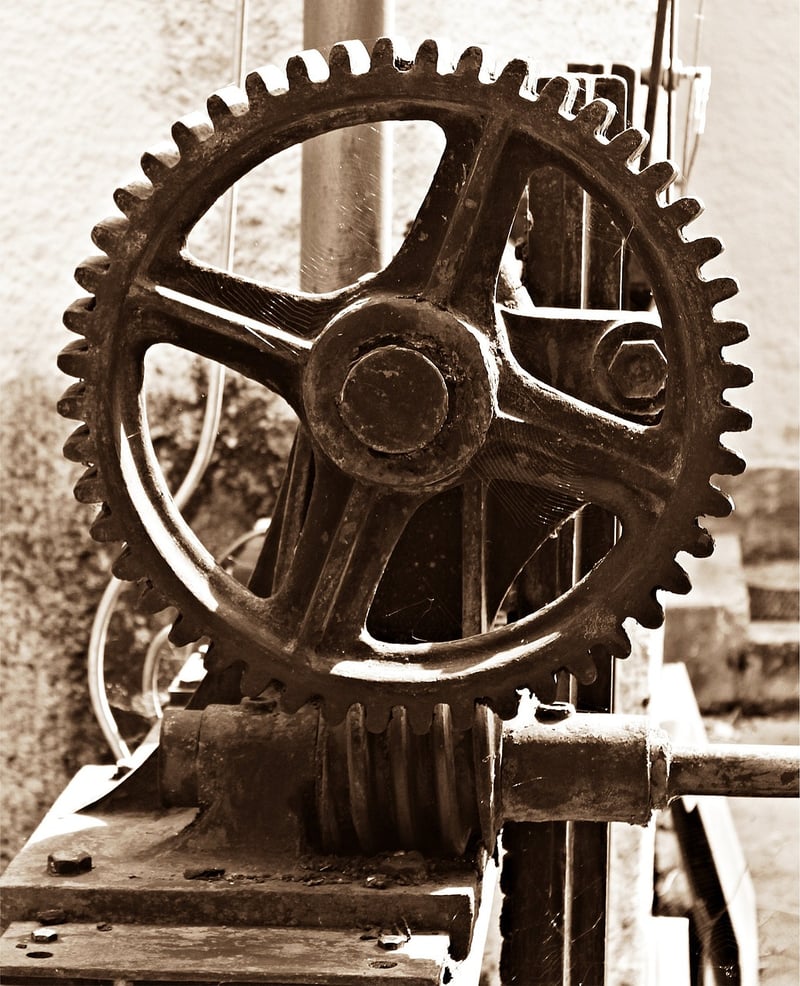Temporal Paradoxes
The Fascinating World of Time Travel and Temporal Paradoxes
Time travel has been a popular concept in science fiction for decades, capturing the imagination of audiences around the world. The idea of journeying through time, experiencing different eras, and potentially changing the course of history is both thrilling and thought-provoking. Let's delve into the intriguing realm of time travel and explore the mind-bending concept of temporal paradoxes.
The Concept of Time Travel
Time travel refers to the theoretical ability to move backward or forward in time, defying the traditional arrow of time that points only in one direction. While time travel remains a topic of speculation and debate in the scientific community, it has inspired countless works of literature, film, and television.
Types of Time Travel
There are various theories and interpretations of time travel in fiction, including:
- Fixed Timeline: Events that occur in the past have already happened and cannot be changed.
- Dynamic Timeline: Changes made in the past can alter the present and future.
- Parallel Universes: Traveling to the past creates a divergent timeline, branching off into a new reality.
Temporal Paradoxes
Temporal paradoxes are logical contradictions that arise from the concept of time travel. Some well-known paradoxes include:
- Grandfather Paradox: If you were to travel back in time and prevent your grandfather from meeting your grandmother, thus preventing your own birth, how could you exist to go back in time in the first place?
- Bootstrap Paradox: An object or information is sent back in time in an infinite loop with no clear origin.
- Predestination Paradox: Events in the past are predetermined and cannot be changed, leading to a self-fulfilling prophecy.
Exploring Time Travel in Pop Culture
From H.G. Wells' classic novel "The Time Machine" to modern blockbusters like "Back to the Future" and "Interstellar," time travel has been a recurring theme in popular culture. These stories often explore the consequences of altering the past and the ethical dilemmas that come with tampering with the fabric of time.
Conclusion
Time travel and temporal paradoxes continue to captivate audiences with their complex narratives and mind-bending possibilities. While the scientific feasibility of time travel remains uncertain, the imaginative exploration of this concept in fiction allows us to ponder the nature of causality, free will, and the intricacies of time itself.
So, whether you're a casual fan of science fiction or a dedicated time travel enthusiast, the twists and turns of temporal paradoxes are sure to leave you pondering the mysteries of time and space.


